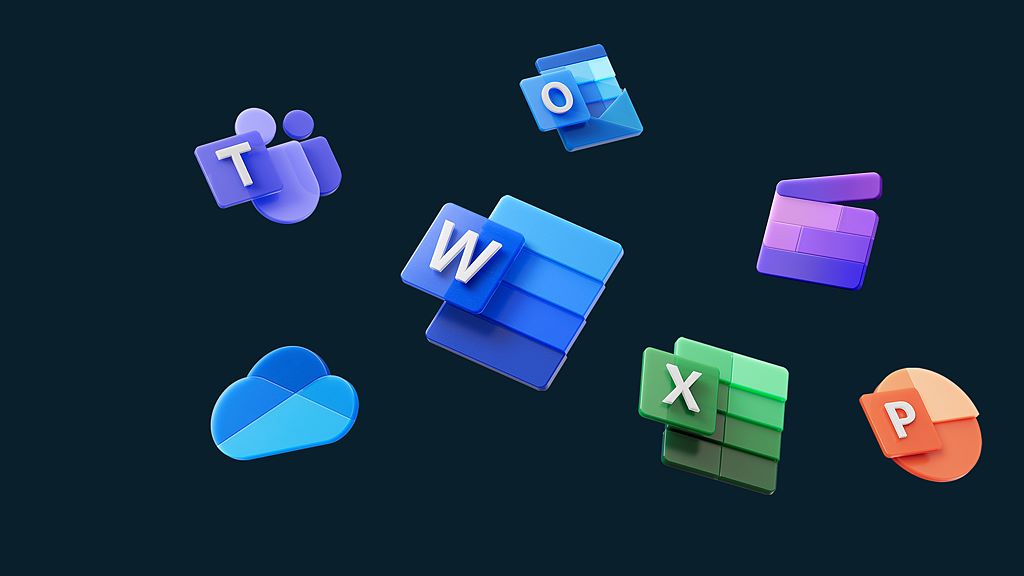The Power of Continuous Accounting: Transforming Financial Management for Business Agility Advancements in technology have significantly changed the way businesses operate, particularly in financial management.

Advancements in technology have significantly changed the way businesses operate, particularly in financial management. With cloud computing and automation becoming more prevalent, companies are moving away from traditional financial reporting methods and embracing continuous accounting. This shift is transforming accounting from a periodic, time-consuming process into an ongoing, real-time practice that provides valuable insights and enhances business agility.
Continuous accounting focuses on real-time data access, ensuring that businesses no longer need to wait until the end of the month to analyze financial performance. Instead of following the traditional record-to-report (R2R) model, where transactions are recorded and reviewed at fixed intervals, continuous accounting integrates automation to process and validate financial data consistently. This approach reduces errors, improves efficiency, and enables companies to make informed decisions at any time.
One of the most significant advantages of continuous accounting is the increased transparency it provides. Financial leaders gain immediate access to transaction details, expense reports, and revenue streams, allowing them to identify trends and adjust strategies as needed. This real-time visibility helps businesses stay ahead of economic shifts and make proactive financial decisions rather than reacting to outdated reports. By eliminating delays in financial reporting, companies can maintain a clearer picture of their financial health, leading to better forecasting and strategic planning.
Making the transition to continuous accounting can present challenges, particularly for businesses accustomed to traditional accounting practices. However, implementing this approach can be broken down into manageable steps. The first step is integrating cloud-based accounting software that supports automation and real-time data access. Many modern financial platforms offer advanced features such as automatic reconciliation, real-time reporting, and predictive analytics, making it easier to streamline operations.
Another critical factor in this transition is ensuring that financial teams are equipped with the necessary skills to adapt to continuous accounting. Training employees to work with automated systems and interpret real-time financial data is essential for maximizing the benefits of this approach. Companies may also need to restructure internal processes to accommodate continuous data flow and eliminate bottlenecks in financial reporting.
Business agility is a key benefit of continuous accounting, as it enables companies to respond swiftly to changing market conditions. Traditional accounting methods often leave businesses vulnerable to unexpected financial challenges due to delays in reporting. In contrast, continuous accounting allows financial leaders to assess their position at any moment, helping them navigate fluctuations in demand, regulatory changes, and economic uncertainties. This proactive approach ensures that companies remain adaptable and resilient in an increasingly competitive landscape.
Shifting an organization's mindset from traditional accounting to continuous accounting requires a fundamental change in how financial data is perceived and utilized. Instead of treating financial reporting as a routine task completed at set intervals, companies must embrace a data-driven culture that prioritizes real-time analysis. Encouraging departments to collaborate and share financial insights fosters a more integrated approach to business decision-making.
Beyond improving internal efficiency, continuous accounting also offers a competitive advantage by leveraging data to drive growth. Businesses can use real-time transactional reports to identify cost-saving opportunities, optimize resource allocation, and enhance profitability. By making informed decisions based on accurate financial data, organizations can position themselves ahead of competitors who still rely on outdated accounting practices.
The adoption of continuous accounting is not just a technological upgrade—it is a strategic transformation that redefines financial management. Companies that embrace this approach gain the ability to make faster, data-driven decisions, improve financial transparency, and enhance overall business agility. As automation and cloud-based solutions continue to evolve, continuous accounting will become an essential practice for businesses seeking long-term success in an increasingly dynamic market.
Supreme Court to Decide on Corporate Transparency Act Injunction
For the first time, the U.S. Supreme Court has been asked to rule on the Corporate Transparency Act (CTA) and the legitimacy of a nationwide injunction blocking its enforcement.
Warren Buffett’s Market Moves Reinforce His ‘Oracle of Omaha’ Status
Warren Buffett’s reputation as one of the greatest investors of all time continues to be reinforced as his past words and actions gain new relevance in today's financial landscape.
Private Equity Firms Must Embrace Cutting-Edge Innovations to Stay Competitive
Private equity is undergoing a digital transformation. No longer just a financial game, the industry is now driven by technology, where firms that leverage cutting-edge innovations gain a significant competitive edge.
You've Probably Seen Her Name at Nordstrom or Sephora.
Jo Malone is a name synonymous with luxury fragrance, but her journey as an entrepreneur extends far beyond the world of scents.
The $28 Microsoft Tool That Can Save You Thousands on Coding Costs
For businesses and entrepreneurs looking to develop software, outsourcing can quickly become an expensive necessity.
Anthony Michael Hall on Longevity in Hollywood, Adapting to Change, and His Role in 'Reacher'
Anthony Michael Hall has spent nearly five decades in Hollywood, navigating the highs and lows of an industry that is both unpredictable and demanding.





